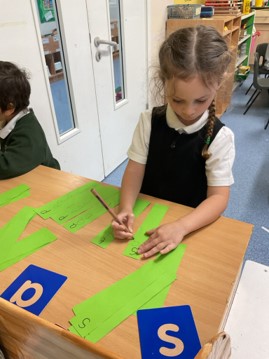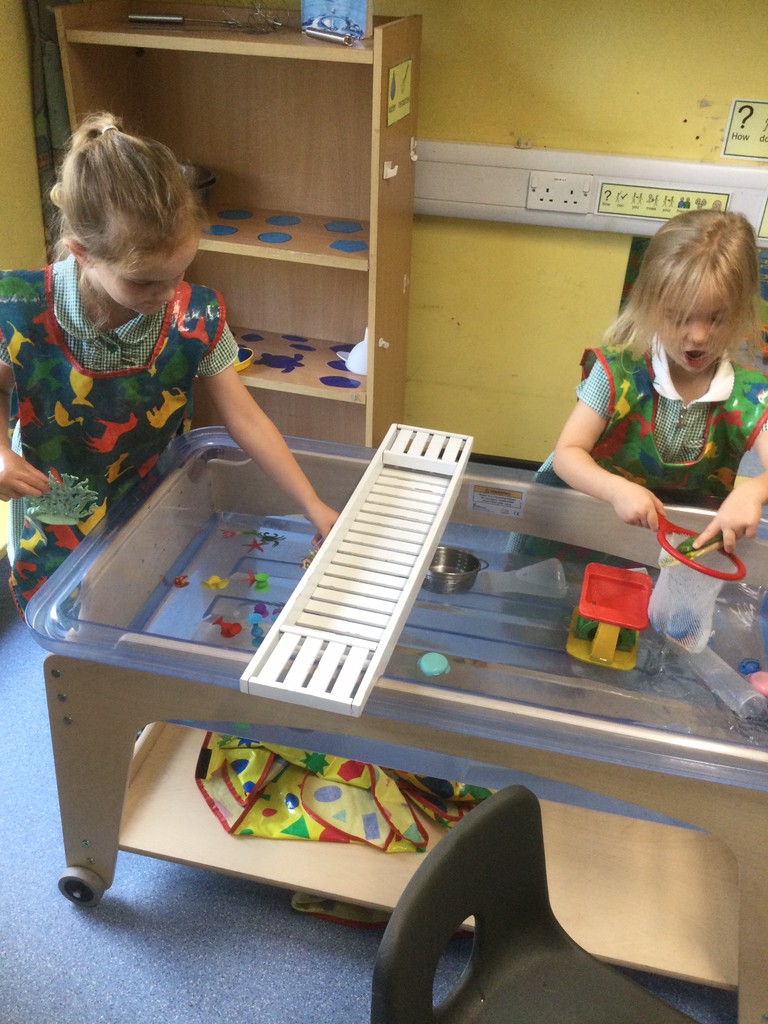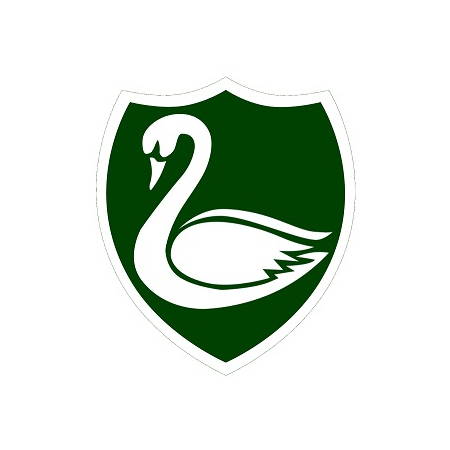Reception
Welcome to the Reception class page! Our Reception class is taught by Mrs Lancashire (Mondays and Tuesdays) and Mrs Burley (Wednesday morning, Thursdays and Fridays). Miss Hellier will teach the class on a Wednesday afternoon. Miss Becconsall and Mrs Price are our teaching assistants.
The children learn through a mixture of child initiated learning (play based) and direct teacher-led learning which may be whole class, group or individual.

The Reception class is the final year of the Early Years Foundation Stage and the children learn through the three prime areas that filter into every lesson:
- Communication and Language
- Physical Development
- Personal, Social and Emotional Development
There are also four specific areas of learning:
- Literacy
- Mathematics
- Understanding the World
- Expressive Arts and Design
Phonics and early reading at Godstone Primary and Nursery School
At Godstone Primary and Nursery School, we believe that all our children can become fluent readers and writers. This is why we teach reading through Little Wandle Letters and Sounds Revised, which is a systematic and synthetic phonics programme. Phonics is the sound of each letter or group of letters e.g. b, sh, oo, igh. The children learn these sounds (phonemes) and the corresponding letter or letters (graphemes). Then they can start to say the sounds for each letter and blend them into words e.g. b-u-s = bus.
You can find out more here https://www.littlewandlelettersandsounds.org.uk/resources/for-parents/
Please see the phonics presentation at the bottom of this page for more information.

Things to do at home
Here are some websites that you might like to explore at home:
https://www.teachyourmonstertoread.com/
https://www.bbc.co.uk/cbeebies/shows/numberblocks
https://www.topmarks.co.uk/maths-games/3-5-years
Here are some activities that you might like to do as a family at home:
|
Communication and Language |
Physical Development |
Personal, Social and Emotional Development |
Literacy |
Mathematics |
Understanding the World |
Expressive Arts and Design |
|
Sing nursery rhymes together. |
Practise throwing and catching a ball or cuddly toy. How many catches can you do without dropping it? |
Talk about the feelings of the characters in stories. |
Sing nursery rhymes together. |
Complete all the ideas in the maths booklet sent home two weeks ago. |
Search for minibeasts e.g. ants, woodlice and talk about them e.g. markings, number of legs etc. |
Sing songs together. Make up some new dance moves. |
|
Go on a listening walk around the house and ask your child what they can hear e.g. the pipes, people talking. Is it a high or low sound? Fast or slow sound? Long of short sound? |
Practise balancing on one leg. Which parts of the body can you balance a cuddly toy on? How many times can you hop on one leg? Swap legs. |
Draw a smiley face every time you are kind to someone in your family. |
Read stories to your children and ask questions e.g. What do you think this character is thinking? What adventure could this character have next? |
Go on a shape hunt around the house. Talk about the shapes you find. How many corners does it have? How many sides does it have? Are the sides straight or curved? |
Draw a family tree and talk about how everyone in your family is related. |
Put on a show to tell the story of The Three Little Pigs or Goldilocks and the Three Bears and other favourite stories. |
|
Learn lots of new words by talking about the words in stories. Use your senses to describe how things feel, look, sound, smell and taste e.g. favourite meals. |
Make some play dough and ask your child to teach you ‘dough gym’. Choose a song track with a steady beat to do this to. |
Play lots of board games. |
Read a favourite story and change the ending, or swap a character from another story into it. What would happen? |
Sing, say and act out number rhymes together. Use fingers to represent the numbers in the rhymes. Can you show the numbers in a different way? |
Do some cooking and talk about how the ingredients change. |
Set up a role-play shop, restaurant, doctor’s surgery etc. to play with members of the family. |
|
Play schools at home and let your child teach you. |
Practise handwriting patterns – circles, waves, spirals, horizontal lines, vertical lines and zig-zags. |
Practise using a knife and fork to cut up food at mealtimes. |
Make up and tell a story using your five favourite toys. |
Watch Numberblocks (it is linked to our curriculum). |
Learn the names of all the different part of the body e.g. thigh, shin, shoulders, ankles. |
Create a band using pots and pans. Make up songs. Can you play more quietly, slowly, quickly etc? |
